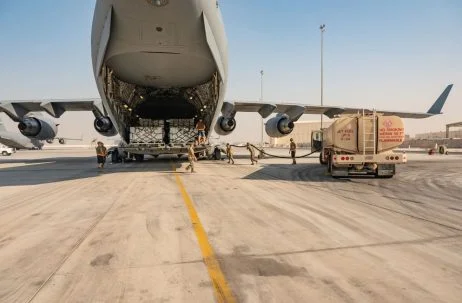
Perspectives
Resumption of Military Aid: Reviving US-Pakistan Relations Amid US Withdrawal
Trump’s administration approved the resumption of the US military training program for Pakistan last year. This coveted US Military and Educational Program recommenced after a suspension of more than a year.



